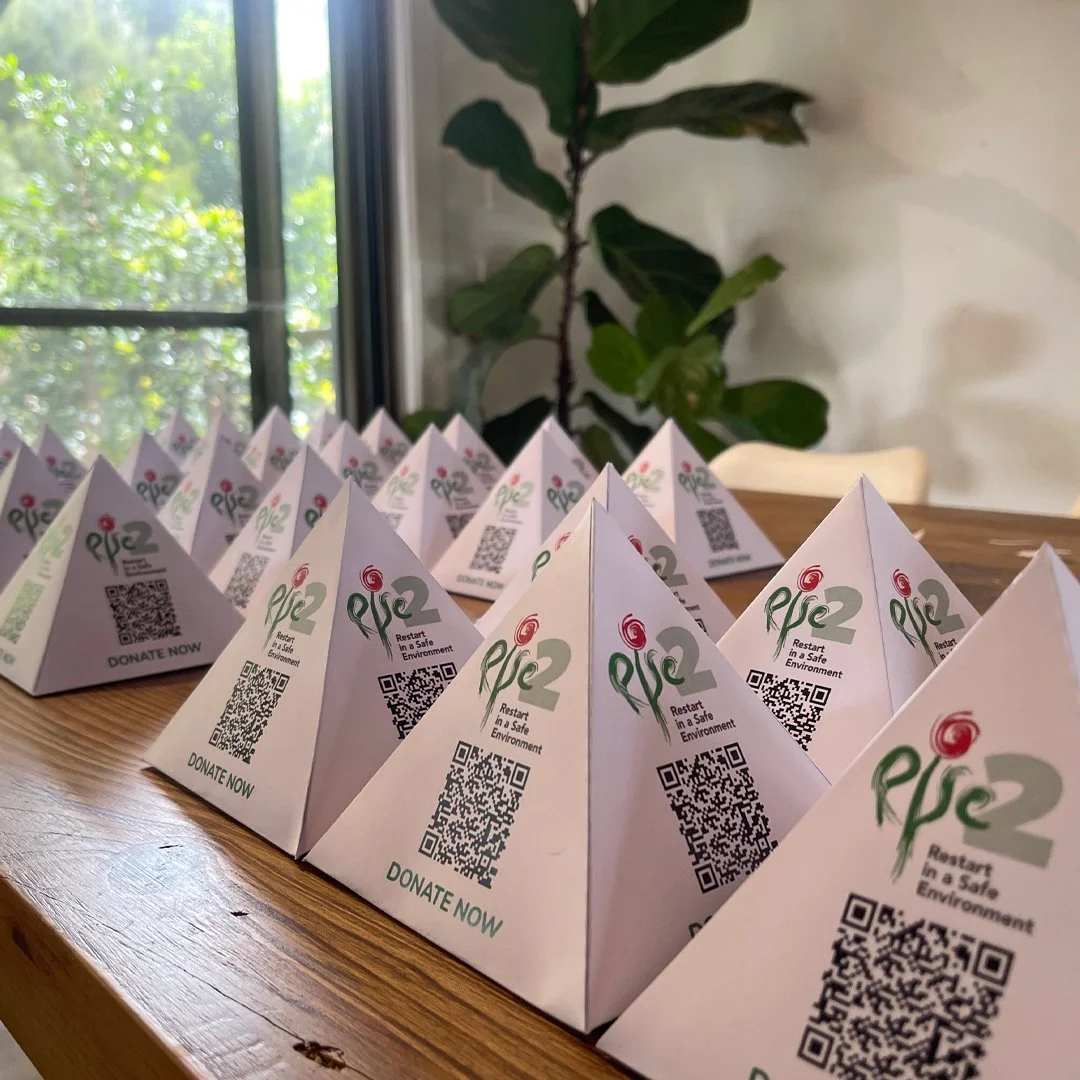Welcome to an Interesting Space.
What does a great outcome look like for you?
The principle is simple. If it isn’t working, change it. If it is working, do more of it. Great outcomes arrive with a consistent approach towards a known objective.
We work with our clients towards great outcomes in our interesting space: the intersection of communication, coaching and qigong. Whether you’re developing your business or improving your personal approach, talk to us to learn how we can help.

Services
Communication
Business communication solutions in brand, marketing, web design, graphic design & presentation.
Coaching
Is it time to find a better way? Our coaching program is designed to help you improve your approach.
Qigong
Is it time to find a better way? Our coaching program is designed to help you improve your approach.
“We work together with you to achieve a great outcome.”
— Huw Humphreys
Contact Us
Contact us to learn more about our solutions. We will be in touch with you as soon
as possible.



